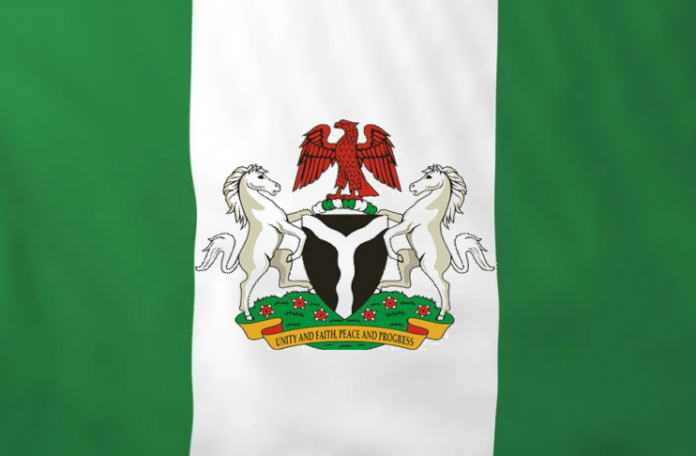By: Nnenna Joseph
As i would not be a slave, so i would not be a master, this expresses my idea of democracy- Abraham Lincoln.

Democracy is a journey we have attained, it is a freedom fight, it is a decision by heads of states, governments, monarchs, religious leaders, authoritarians,tyrants to attain a deeper level of governance that involves inclusion.
The history of democracy can be traced to Athens. Instead of being governed by a selected few, Athens initiated stone balloting, a method of voting that allowed citizens to decide persons who will serve as government administrators, judicial officers, and members of the legislative assembly. History recalls the system worked so well for Athens it was adopted by the Spartans and spread all over the world.
The process to get those in corridors of power to give up their political incentives, and allow the masses dictate who rules did not go down without a fight.
In Nigeria, Chief Anthony Eromosele Enahoro was one of Nigeria’s foremost anti-colonial and pro-democracy activists followed by numerous canvassers who lost their lives in the struggle. The pains, deaths, suppression, prison sentence to achieve a Nigeria where an ordinary citizen has a stake in governance is a journey the country has undergone.
Why celebrate democracy? The Inter Parliamentary Union (IPU) urges parliaments, government, states, individuals to celebrate the International Day of Democracy using activities big or small held on or as close to 15 September as possible.

The theme for International Day of Democracy 2020 is “COVID-19: A Spotlight on Democracy.”What does International Democracy Day mean for us as Nigerians? At a time when the country’s democracy is threatened, the need to call to order the electorates, politicians, government in power and the entire masses on the ruins we are carefully or carelessly plunging ourselves into.
Democracy in Nigeria is facing three major challenges and there is no better time to discuss these challenges than when conversations are ongoing around International democracy day.Lack of trust in the judicial system, Electoral malpractices and Money politics and Unfulfilled manifestos
Lack of trust in the Judicial system: The judiciary they say, is the last hope of the common man. How applicable is that in Nigeria, does the common man trust the election tribunal? Or the Apex court? The judiciary has been accused of being bought over by the government in power. This has no legitimate backing, however, there is no smoke without a fire.

One of the most important sectors of democracy is the judiciary, if the people cannot trust the judiciary to protect its interests, its votes, there would be chaos in the society as people can take laws into their hands.Electoral malpractices and money politics: Electoral malpractices are only not particular to Nigeria, however, the worrisome electoral malpractices in Nigeria deepen by the year. The party in power wield every possible wand to retain power. In this regard, every facet is compromised.
This has further deepened the people’s lackadaisical attitude towards elections. Many have lost their lives, many have been injured from situations like this, in return they vow never to participate in the electionaring processes.
Buying over force men ie police is common, if not, the police cannot be present and these acts will be perpetuated if they are not a part of the ruins and are primary beneficiaries of the spoils. The men of force are bribed to look away.
Falsification of figures. The presiding officers in Nigerian elections are those who compile and collate at the various polling booths. Countless times, after they have submitted their figures, on screen, they see something else. Same is applicable to the state collation officers.
The politician who hands you the envelope has expectations even if he does not spell them out. As expected, when you see things going on in his favor you are required to look away just because. This is abetting but not aiding. Democratic decadence abound in Nigeria.
Unfulfilled Manifesto: Like babies, every four years Nigerians are promised candies that would never come.
In 1998, the PDP and General Olusegun Obasanjo promised to address and fix the electricity problem the country has since been bedevilled with within the first six months. They promised electricity and power supply yet the government claimed to have pumped about 6.2 million dollars into the sector.
Post Disclaimer
The opinions, beliefs and viewpoints expressed by the author and forum participants on this website do not necessarily reflect the opinions, beliefs and viewpoints of Anaedo Online or official policies of the Anaedo Online.




